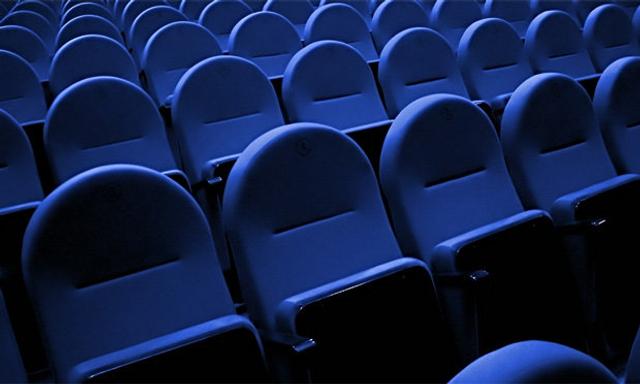2014 saw US cinema audiences hit a twenty-year low with 1.26 billion tickets sold and a nine-year low in box-office revenue.
Box office stats for 2014 haven't been released for Ireland, but there appears to be a growing trend with the advent of VOD services like Netflix and the proliferation of pirated films.
But why is that the case?
Audiences regularly report that a growing sense of "the same old thing" in cinemas is one of the primary causes. 2015 will see a number of CBMs (comic-book movies) released, while smaller films are finding it hard to attract audiences.
It's true, CBMs have a large audience, but the average punter may have little or no interest in these. CBMs are now becoming so populous that the films are being tailored to their own audience, filling them with in-references to previous films and cross-over characters who would have no significance to anyone outside the bubble.
Netflix and other VOD services are offering a wide variety of films that people can watch for a modicum price and without the hassle of having to leave their own homes. Not only that, with the price of high-end televisions falling, the cinema experience can be replicated more effectively than ever.
Is it down to the output of studios, perhaps? Transformers: Age of Extinction - the fourth entry in the franchise - was a huge success in China, but audiences in the Western world simply didn't respond to it. Sequels, prequels and reboots are now commonplace, with very few original films with a significant budget being offered.
Last year's Interstellar was the only exception to this rule. An original script, with a blockbuster budget and A-list stars, is now seen as a gamble by major studios. Indeed, Interstellar was hailed more for its willingness to be original than its actual qualities by some critics.
The box-office numbers for Christopher Nolan's Interstellar were satisfactory to its studio, but it failed to reach the heights of previous films made by him.
Is it down to other audience members, perhaps?
Although many cinemas show public service announcements asking people to switch off phones and refrain from disturbing other patrons, it's a common occurrence to see a phone go off or a text answered in the middle of a film.
Sure, some films are boring and, no doubt, answering a text might seem like the appropriate thing to do in that situation - much to the annoyance of everyone around them. But is that why people are staying away from cinemas? Other people?
Maybe.
Many directors feel that cinema releases are now simply 'events' - large-scale productions that have little or no substance and are simply choosing to leave the medium altogether, favouring television instead.
The so-called Golden Age of Television has seen an influx of talent from film, both in directing and acting because stories are less about effects and more about plot and character.
Audiences have responded, with the likes of True Detective and many more garnering huge viewing figures and embedding themselves in popular culture.
Major studios are doubling down on franchises, pushing smaller films to either straight-to-DVD / VOD or only releasing them during Oscar season. Most studio revenues now come from the larger films and the tie-ins that come with them.
Very little, it would seem, is being done by studios to correct this change and the box office numbers are bearing this out.
If this trend continues, if audiences fail to turn out to cinemas and opt for the comfort of their own homes and TV, we'll lose something important.
Studios need to start focusing less on the easy money and focus on stories and films that matter. They don't have to be think-pieces with drawn out plots or subtitled, esoteric films with unknown actors. They can be simple, well-told stories with a plot that doesn't end with a 30-minute CGI reel.
The pressure on studios to protect their interests and deliver to shareholders is immense, undoubtedly. A terrible film that makes a huge profit will mean more of the same, simply because the formula works.
Watching a good film is an enriching experience. Watching it with other people, with those are just as invested in it as you are, is an experience like no other and deserves to be protected.









































































